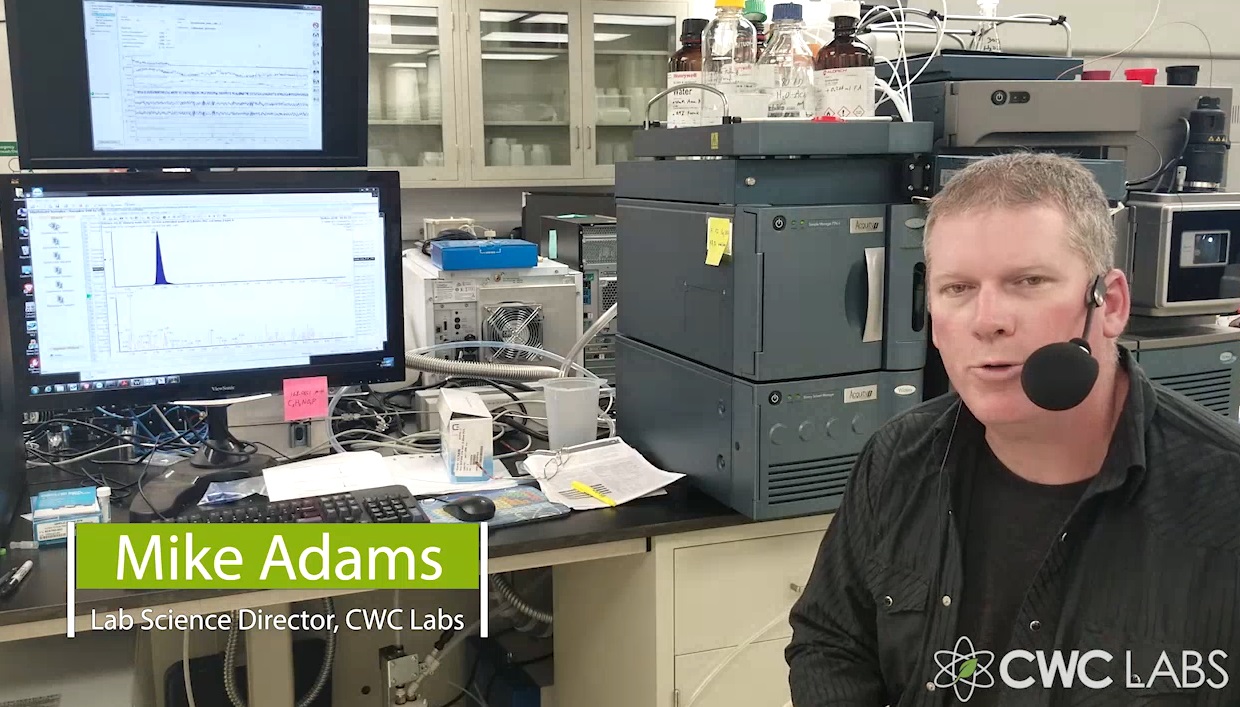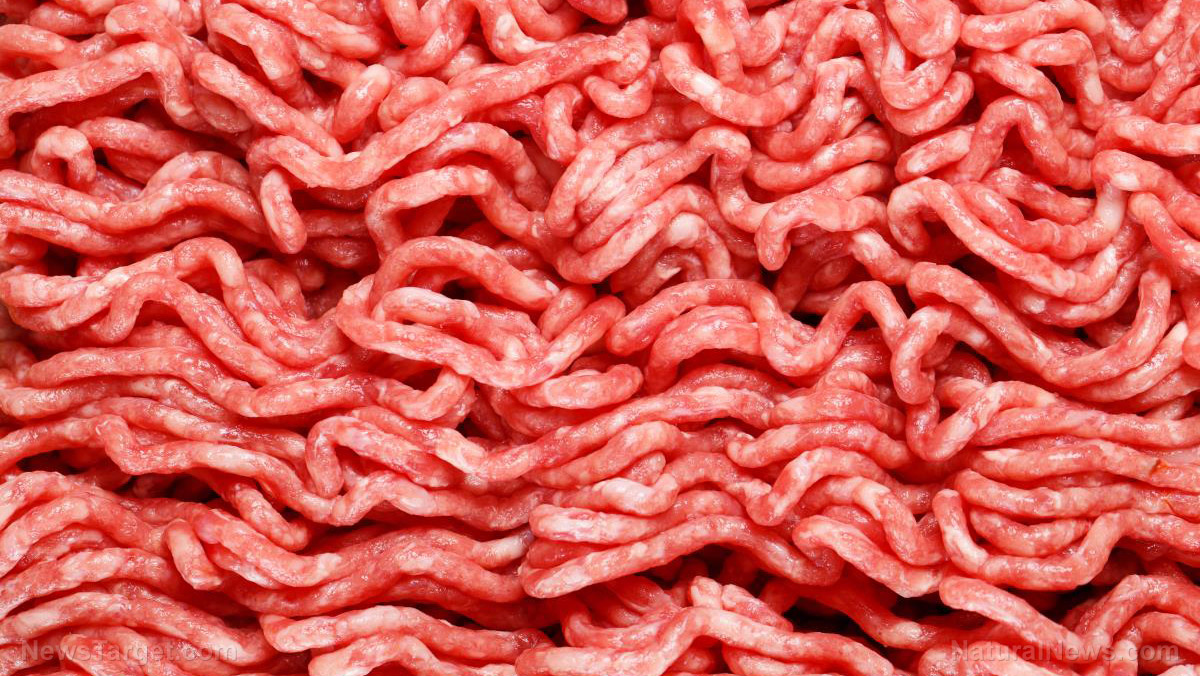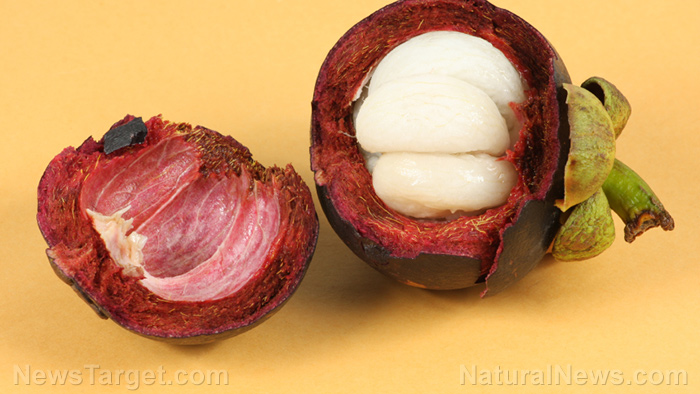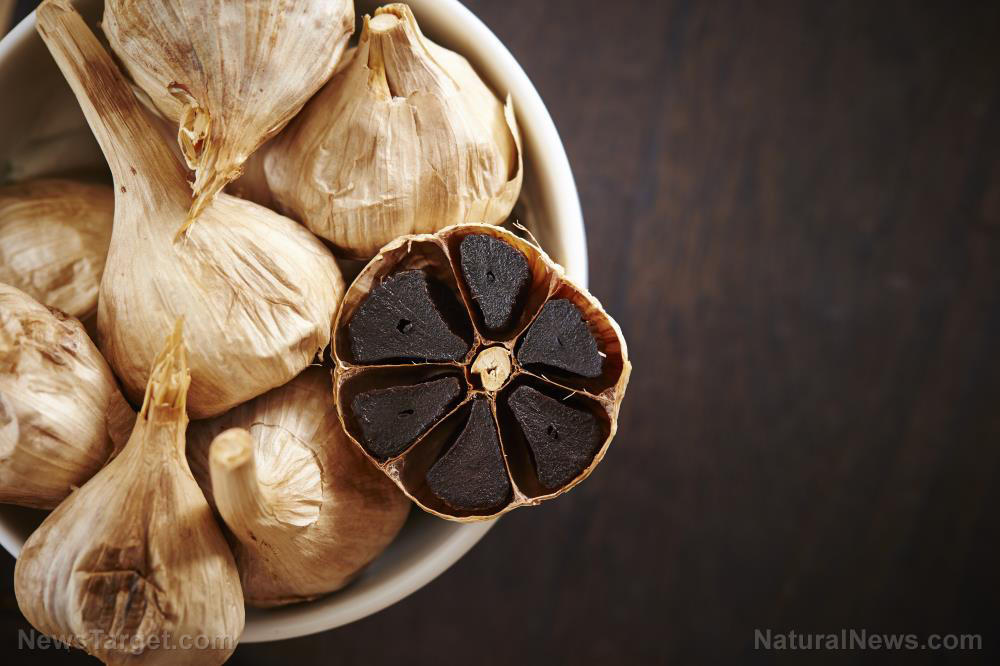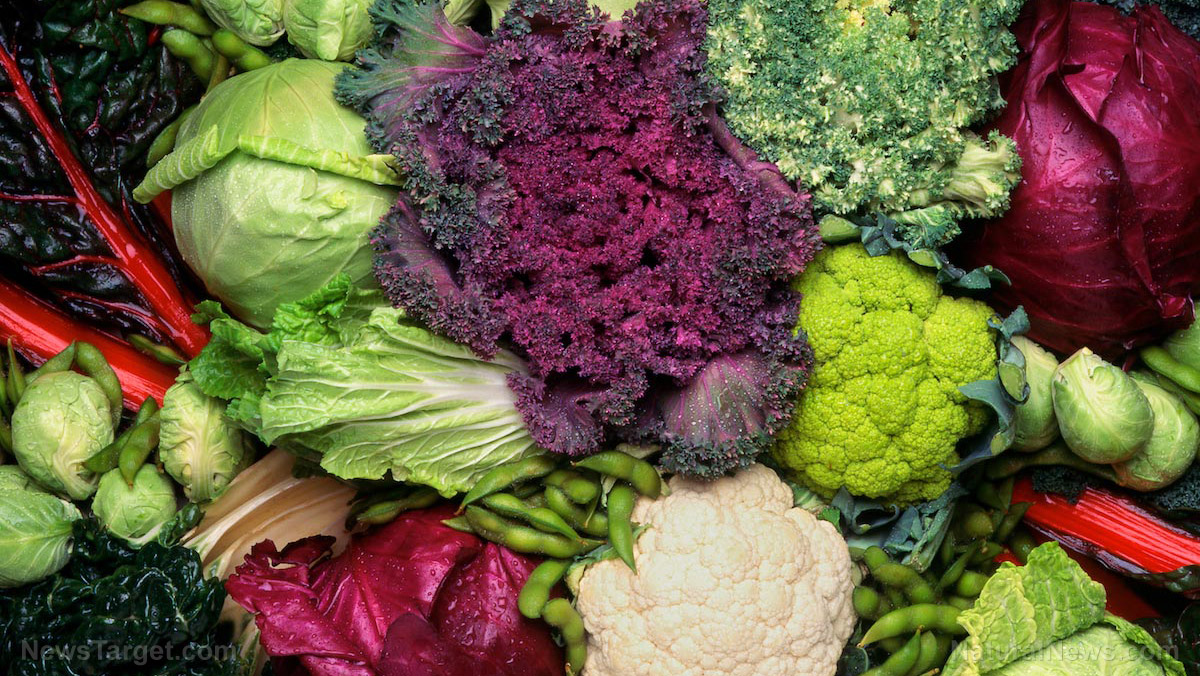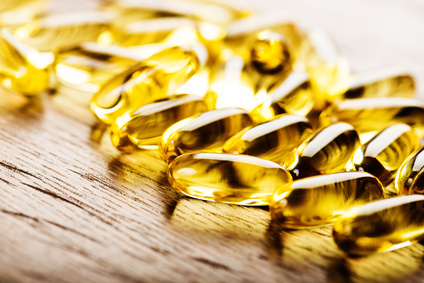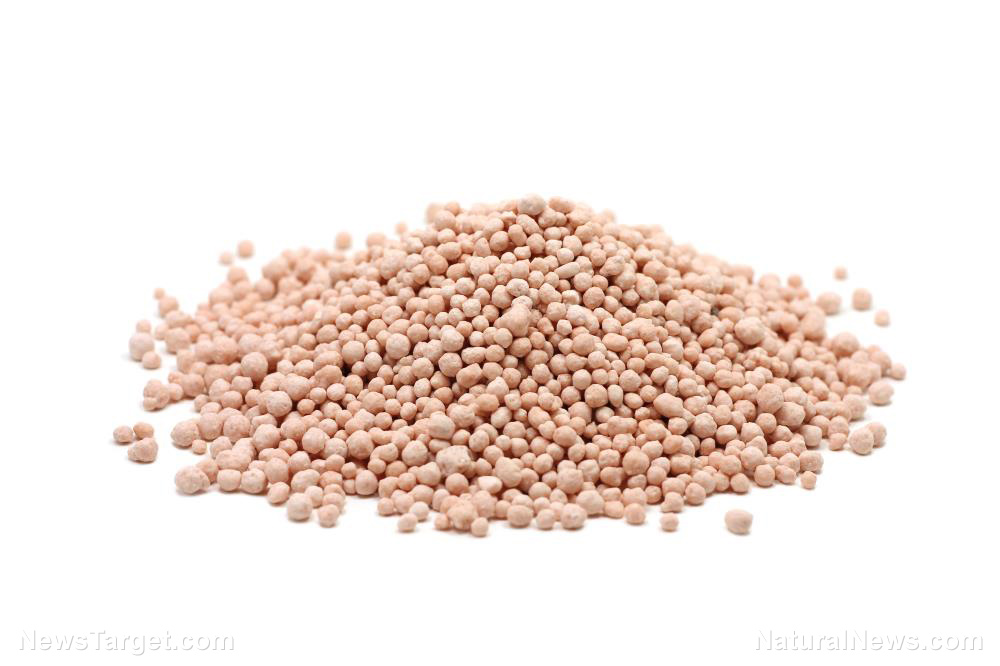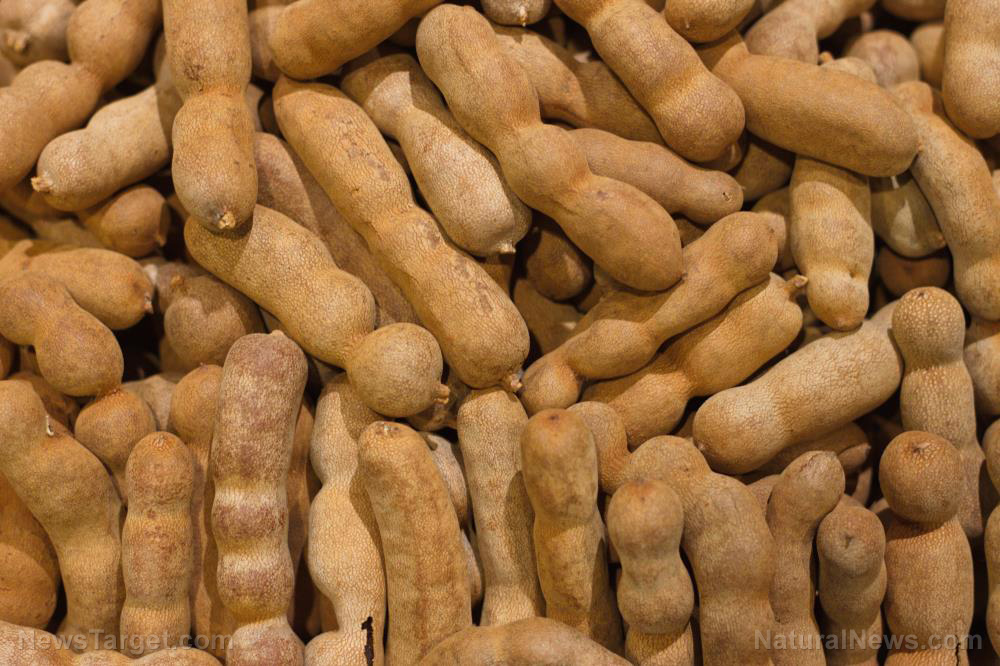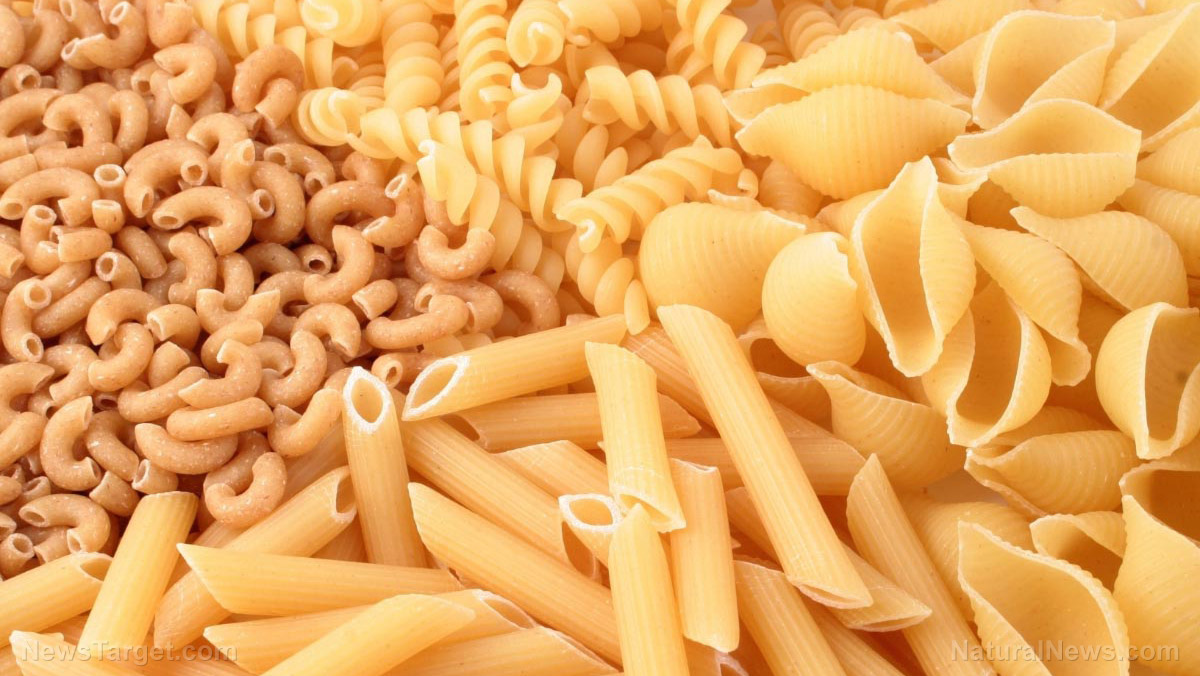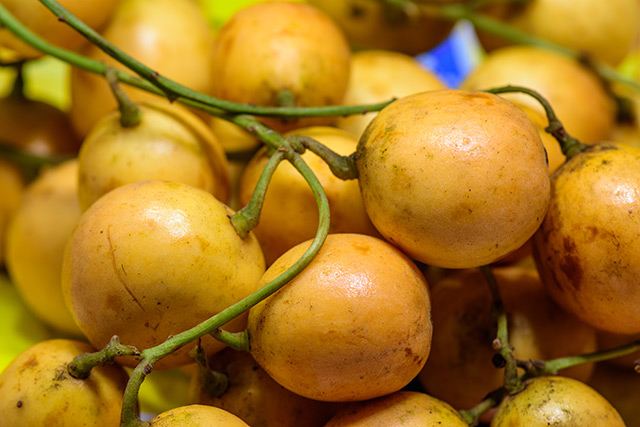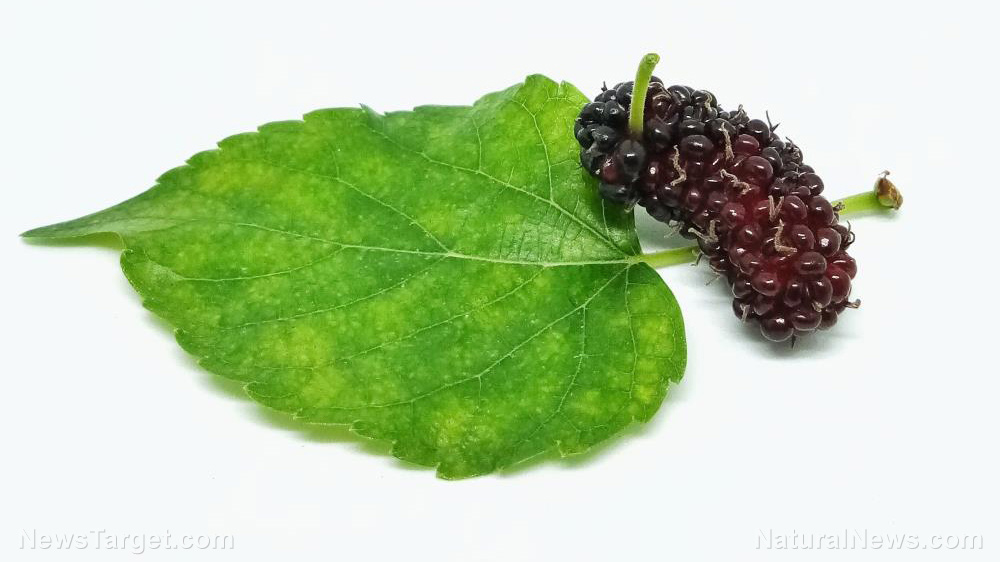How organic soil amendments impact leeching of nutrients
03/17/2018 / By Frances Bloomfield
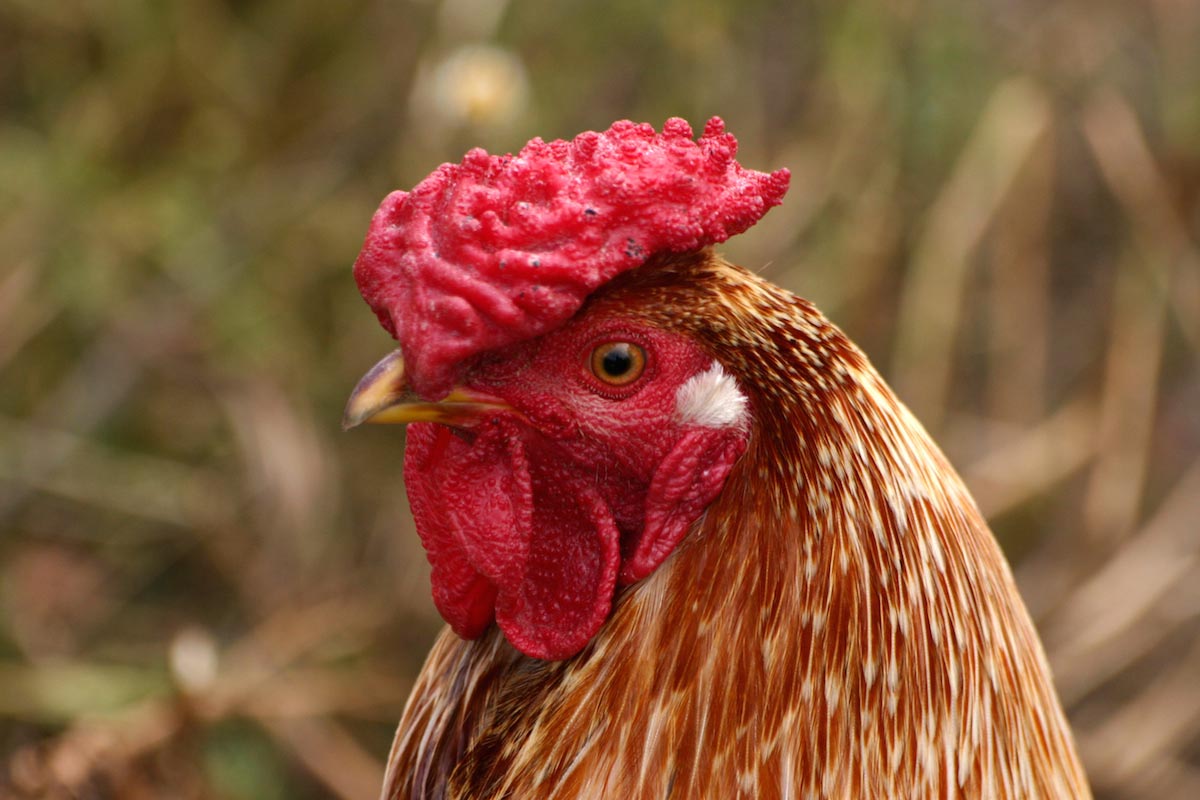
Researchers from the USDA-ARS-Crops Research Lab sought to determine how soil nutrient loss could be reduced. In their study, published by the American Society of Agronomy, the authors believe that they have uncovered an effective and sustainable solution in broiler litter.
- The researchers used fresh and composted broiler litter. A portion of the broiler littler was amended with flue gas desulfurization (FGD) gypsum.
- Both varieties of broiler litter were scattered onto columns of Bermuda grass that had been established on both agricultural soil and reclaimed coal mine soil in 2016.
- Each week, the soil columns were leached with 500 mL of deionized water that gradually increased by 100 mL.
- Leachate volume was measured with a graduated cylinder and sampled for nutritional analysis.
- The amounts of nitrate were the same across the soil columns. However, the soil with composted broiler litter had lower nitrate leaching losses than the fresh broiler litter soil.
- The composted broiler litter soil leachate also had less dissolved organic carbon and phosphorus.
- Adding FGD gypsum to fresh broiler litter leachate significantly decreased its phosphorus content by 67 percent, copper content by 73 percent, and zinc content by 84 percent.
- These reductions were consistent throughout numerous leaching events.
As such, the researchers have deemed composted broiler littler to be a feasible and effective practice against nutrient loss in agricultural and reclaimed coal mine soils.
Journal reference:
Adeli A, Read J, Feng G, McGrew R, Jenkins J. ORGANIC AMENDMENTS AND NUTRIENT LEACHING IN SOIL COLUMNS. Agronomy Journal. June 2017; 109(4):1294-1302. DOI: 10.2134/agronj2016.11.0634.
Tagged Under: agriculture, broil litter, poultry farming, poultry litter, soil nutrient loss, sustainable agro-ecosystems

